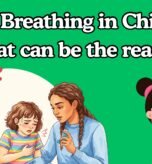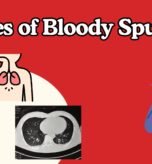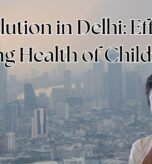Asthma is a serious respiratory problem that nearly affects 3.4% of the world population. As per the Global Burden of Disease Study in 2019, 216 million people in the world suffer from asthma. The burden of asthma is not only on an individual but also on the community. It poses a huge physical, mental burden on the individual and the family, not to meniton the economic burden on the family and public health systems.
1. As per WHO,in India, 34.8 million people suffer from asthma. This is the official data of reported cases, and we all know that a large number of cases in India might not be reported.
2. In children the prevalence is close to 8%, i.e 8/100 kids have asthma
Urban cities report more number of cases and there is a male dominance in the pattern of cases .This maybe because a lot of children go undiagnosed or unreported in the 2nd and 3rd tier cities.
3. Asthma related breathing issues and asthma exacerbations are reported to be thethird most common cause of hospital emergency visit in children, This leads to poor health of the child, excess burden on the public health systems and a financial and emotional burden on the parents.
In India, a study revealed that36% of asthmatic children had atleast 1 emergency room visit and 66% children missed school due to breathing problems.These numbers are alarmingly high and have a lot of implications on the overall development of the child.
What is more disappointing is thatpoor adherence to treatment is still as high as 50–90%, and improper inhaler technique account for 70–80% of these children with poor asthma control. These are modifiable risk factors and can be rectified easily with counseling.
Role of Doctors:
• We must educate our patients and their families about asthma and its implications on physical health and society.
• We must ensure that we give the parents time to answer all their queries, misconceptions, beliefs around use of inhalers and long-term treatment that is required for asthma.
• We must individualize each patient and treat as per the patient’s comfort wherever feasible.
• We must try to ensure a regular follow up and recheck the compliance and technique of using inhaler in every visit.
Role of Parents:
• Parents must seek consultation from a pediatric pulmonologist and get a definitive diagnosis of asthma.
• Parents must adhere to the inhaled medication therapy for asthma as prescribed by their pediatric pulmonologist.
• Parents must come forward and clear all their doubts, worries regarding asthma diagnosis and treatment.
• Parents must protect their children by offering them correct treatment free of any prejudices or beliefs.




